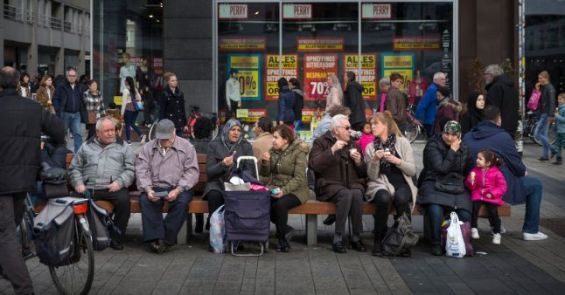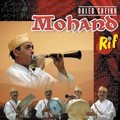Moroccans are more generous than other non-Western groups living in the Netherlands, reveals a new survey made public, Thursday, by Dutch governmental institution Statistics Netherlands (Centraal Bureau voor Statistiek).
Addressing volunteering and informal help, the Dutch agency indicates that Moroccan-Dutch people are more likely to provide unpaid help for others.
«People with Turkish, Antillean or other non-western backgrounds offer informal help less often than people with Moroccan and Surinamese backgrounds», wrote Centraal Bureau voor Statistiek.
Although Native Dutch people top the list of groups that help others informally the most, 31.9 percent of Moroccans provided unpaid help to others between 2012 and 2017. The percentage is the highest among other non-Western groups living in the Netherlands, including Turkish (24.4%), Surinamese (29.5%) and Antilleans (24.9%).
According to the same study, second-generation migrants in the Netherlands help informally more than first-generation migrants. The same thing applies to Moroccan-Dutch people living in the European country.
Volunteering and family
When it comes to volunteering, the action of bringing people together to promote social networks and cohesion, the Dutch agency reveals that people with Moroccan and Antillean backgrounds volunteer the most inside non-Western groups in Holland.
Moroccans «do more active volunteer work than people with Turkish, Surinamese and other non-western backgrounds», the same source said. Indeed, between 2012 and 2017, 41.2% of Moroccan-Dutch people volunteered in the Netherlands. The percentage is higher than what has been registered, during the same period, by other non-Western groups in the country.
Data compiled by the Dutch governmental institution Statistics Netherlands has also touched upon family contacts. Surprisingly, the agency discovered that «people with a native Dutch background are somewhat more likely to have weekly contact with their family members than are people with either a western or a non-western migration background».
Numbers show that 85 percent of Surinamese, Moroccan, Turkish and Antillean backgrounds contact family members weekly, while only 80 percent of them do the same with friends.
Unlike what we might think, Moroccans do not speak to family members often in the Netherlands, compared to other non-Western groups living in the country. Only 84.6% of people with Moroccan backgrounds contact family members once a week, while 86.1% of Turkish background do the same weekly.
For the record, the survey is part of several other reports published by the same agency on Moroccans residing in the Netherlands. These reports address employment, health and other societal factors, such as marriage and divorce.





 chargement...
chargement...













